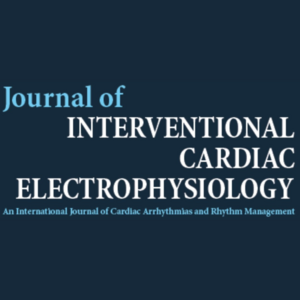
Abstract
BACKGROUND: Remote monitoring of cardiac implantable electronic devices (CIEDs) offers practical and clinical benefits juxtaposed against burdens associated with high transmission volume.
METHODS: We identified patients receiving de novo pacemakers (PPMs) and implantable cardiac defibrillators (ICDs) at a single academic medical center (January 2016-December 2019) with at least 1 year of follow-up device care. We collected patient- and device-specific data at time of implant and assessed all remote and in-person interrogation reports for clinically actionable findings based on pre-specified criteria.
RESULTS: Among 963 patients (mean age of 71 (± 14) years, 37% female), 655 (68%) underwent PPM, and 308 (32%) underwent ICD implant. Median follow-up was 874 (627-1221) days, during which time patients underwent a mean of 13 (10-16) total interrogations; remote interrogations comprised 53% of all device evaluations; and of these, 96% were scheduled transmissions. Overall, 22% of all CIED interrogations yielded significant findings with a slightly higher rate in the PPM than in the ICD group (23% vs. 20%, p < 0.01). Only 8% of remote interrogations produced clinically meaningful results, compared with 38% of in-person ones. In adjusted models, routine, remote transmissions were least likely to be useful for both PPM and ICD patients (p < 0.001), whereas time from initial device implant was inversely associated with probability of obtaining a useful interrogation (p < 0.001).
CONCLUSIONS: Routine remote interrogations constitute the majority of device evaluations performed, but uncommonly identify clinically actionable findings.
